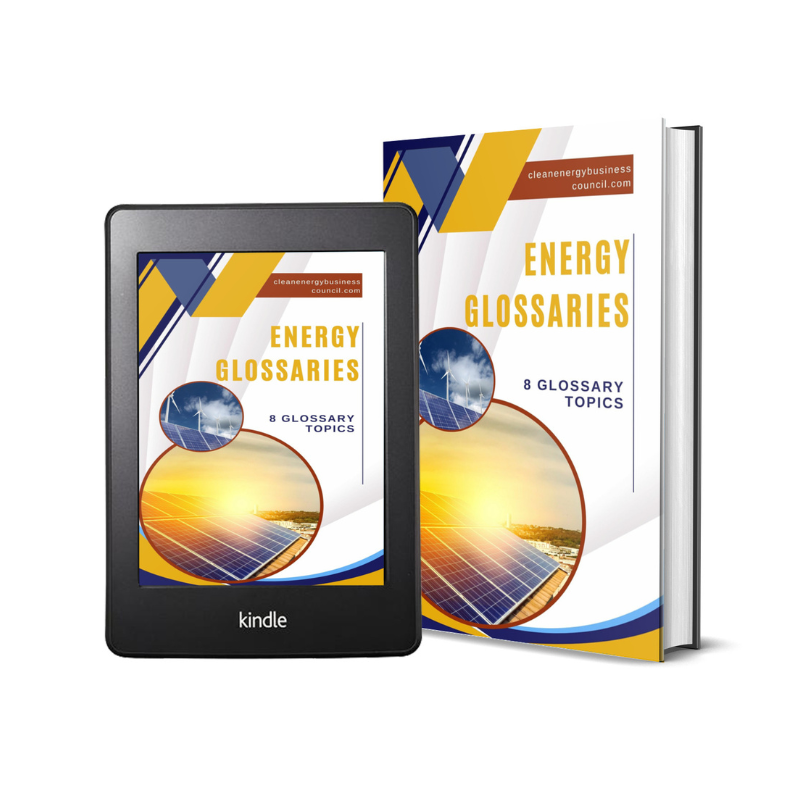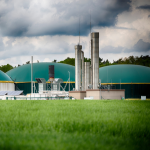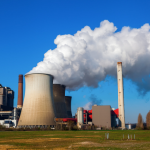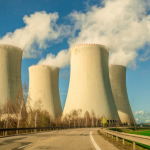Learn Everything About Clean Energy & More!
Check out our free energy glossaries and learn everything related to yoga!

Energy Glossaries
Some Recent Energy Glossary Articles
Nickel-metal Hydride Battery (NiMH) – Definition & Detailed Explanation – Battery Technology Glossary Terms
I. What is a Nickel-metal Hydride Battery (NiMH)? Nickel-metal hydride (NiMH) batteries are a type of rechargeable battery that uses a nickel oxide hydroxide cathode, a metal hydride anode, and an alkaline electrolyte. They are a popular choice for many electronic devices due to their high energy density and ability to be recharged multiple times. … Read more
Radiogenic Heat Production – Definition & Detailed Explanation – Geothermal Energy Glossary Terms
I. What is Radiogenic Heat Production? Radiogenic heat production refers to the process by which heat is generated within the Earth’s crust as a result of the radioactive decay of certain elements. This heat production plays a crucial role in the Earth’s geothermal energy system, providing a sustainable and renewable source of energy that can … Read more
Wind Energy Converter – Definition & Detailed Explanation – Wind Energy Glossary Terms
I. What is a Wind Energy Converter? A Wind Energy Converter, also known as a wind turbine, is a device that converts the kinetic energy of the wind into electrical energy. It consists of blades that rotate when the wind blows, a generator that converts the mechanical energy of the rotating blades into electrical energy, … Read more
Depth of Charge – Definition & Detailed Explanation – Battery Technology Glossary Terms
I. What is Depth of Charge? Depth of Charge refers to the amount of energy that has been extracted from a battery compared to its total capacity. In simpler terms, it is the percentage of a battery’s total charge that has been used up. This metric is crucial in determining the health and performance of … Read more
Battery Service Model – Definition & Detailed Explanation – Battery Technology Glossary Terms
I. What is a Battery Service Model? A battery service model is a framework that allows businesses to manage and optimize the usage of batteries in their operations. It involves the monitoring, maintenance, and replacement of batteries to ensure they are functioning efficiently and effectively. This model helps businesses to extend the lifespan of their … Read more
Biomass Fuel Market – Definition & Detailed Explanation – Biomass Energy Glossary Terms
I. What is Biomass Fuel? Biomass fuel is a type of renewable energy derived from organic materials such as plants, wood, and animal waste. These materials are burned or converted into biofuels to produce heat, electricity, or transportation fuels. Biomass fuel is considered carbon-neutral because the carbon dioxide released during combustion is offset by the … Read more
Hydropower Conflict Resolution – Definition & Detailed Explanation – Hydroelectric Power Glossary Terms
I. What is Hydropower Conflict Resolution? Hydropower conflict resolution refers to the process of addressing and resolving conflicts that arise in the development and operation of hydropower projects. These conflicts can involve a variety of stakeholders, including local communities, environmental groups, government agencies, and project developers. The goal of hydropower conflict resolution is to find … Read more
Active Safety – Definition & Detailed Explanation – Nuclear Energy Glossary Terms
I. What is Active Safety in Nuclear Energy? Active safety in nuclear energy refers to the use of technology and systems within nuclear power plants to prevent accidents and mitigate the consequences of any potential incidents. Unlike passive safety measures, which rely on physical barriers and natural processes to contain and control nuclear reactions, active … Read more
Biomass Conversion Efficiency – Definition & Detailed Explanation – Biomass Energy Glossary Terms
I. What is Biomass Conversion Efficiency? Biomass conversion efficiency refers to the percentage of energy contained in biomass that is converted into usable energy through various processes. Biomass is a renewable energy source derived from organic materials such as wood, crop residues, and animal waste. This energy can be harnessed through different conversion technologies to … Read more
Coal Liquefaction – Definition & Detailed Explanation – Fossil Fuels Glossary Terms
I. What is Coal Liquefaction? Coal liquefaction is a process that converts coal into liquid hydrocarbons such as synthetic crude oil and synthetic natural gas. This process is typically used to produce transportation fuels, such as diesel and gasoline, as well as other products like chemicals and plastics. Coal liquefaction is a way to utilize … Read more







